How Many Quantum Computers Are There in 2025?
2025.03.12 · Blog
How Many Quantum Computers Are There Worldwide in 2025?
Determining the exact number of quantum computers worldwide remains challenging, as the field is still evolving, and some quantum systems are proprietary, classified for national security reasons, or still in research and development.
Estimates suggest that there are approximately 1,000 quantum computers globally in 2025. Among them:
-
Superconducting quantum computers: Around 100 active and functional units
-
NMR (Nuclear Magnetic Resonance) quantum computers: Around 300 units
The majority of the remaining quantum systems are still in development or testing phases.
While the total number of quantum computers is growing, only a relatively small fraction are fully calibrated and operational.
The Current State of Quantum Computers
As of 2025, the number of quantum computers in existence is still quite limited, around 100 to 200, but it is growing steadily.
Thanks to advances in both quantum hardware and software, quantum computing companies and research institutions worldwide are pushing the boundaries of what quantum computers can do.
Quantum computers can be broadly classified into four categories:
#1 Experimental Quantum Computers
The experimental quantum computers primarily focus on increasing qubit count and enhancing qubit stability (such as coherence time and error rates) rather than on immediate widespread commercial deployment.
Most large-scale superconducting and trapped-ion quantum computers today are still considered experimental, even though some are available for cloud access or limited commercial use.
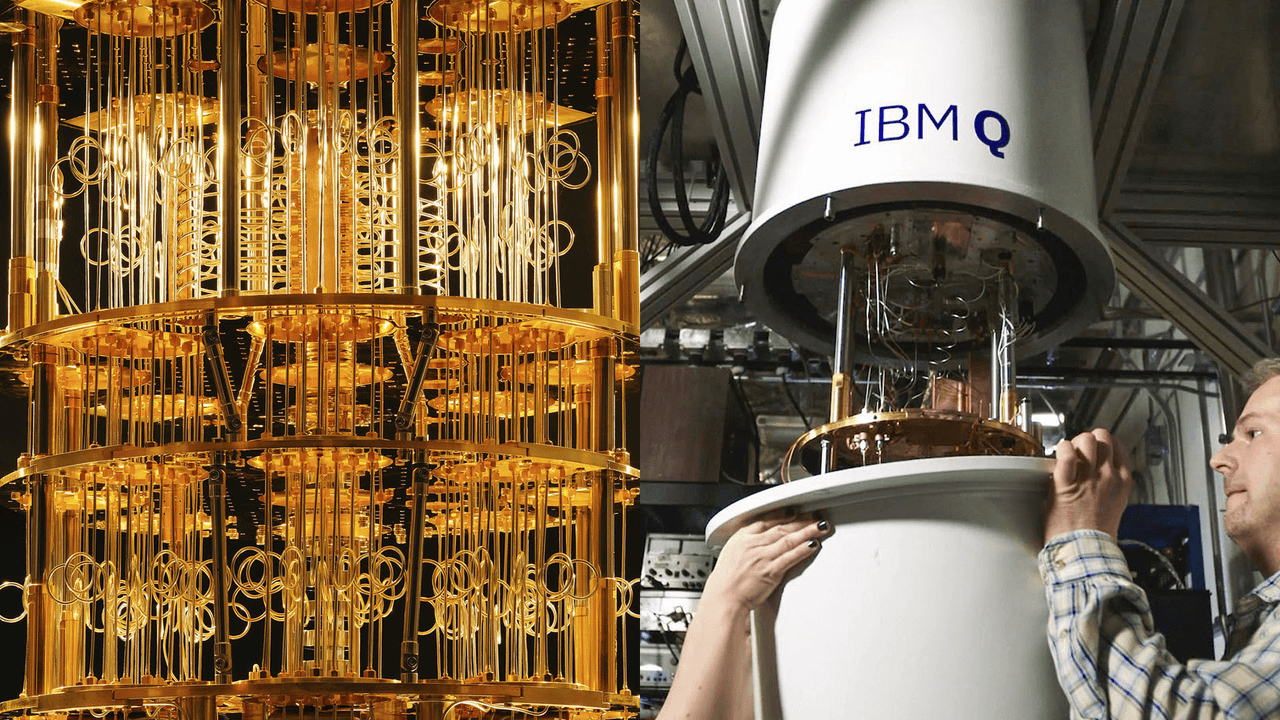
Examples of Experimental Quantum Computers
Large-scale Superconducting Quantum Computers
1. Google's Willow chips (105 qubits)
2. IBM's Eagle, Osprey, and Condor (1,121 qubits) processors
Focus: Scaling qubit numbers while improving quantum error correction.
Trapped-Ion Quantum Computers
1. IonQ's Forte, Harmony
2. Quantinuum's H-Series
Focus: High-fidelity operations, improving error correction before scaling
These quantum machines are mostly utilized in national labs, and enterprise R&D for exploring algorithms and quantum error correction. However, true large-scale quantum advantage has not yet been achieved, and practical, real-world applications are still in the research phase.
#2 Commercial Quantum Computers
These are the more developed systems being used for practical, real-world applications, including optimization problems, cryptography, and AI. Leading quantum computing companies like IBM, Google, Honeywell, Microsoft, SpinQ, and D-Wave are currently providing commercial access to quantum computing, either via cloud services or on-premise systems.
These companies have developed quantum computers with hundreds of qubits, although issues like quantum decoherence and error rates still limit their performance.
Examples of Commercial Quantum Computers
1. D-Wave Quantum Annealers (Commercially Available)
Model: D-Wave Advantage (5,000+ qubits)
Type: Quantum annealer (not a universal quantum computer)
Use Case: Optimization problems in logistics, finance, and material science
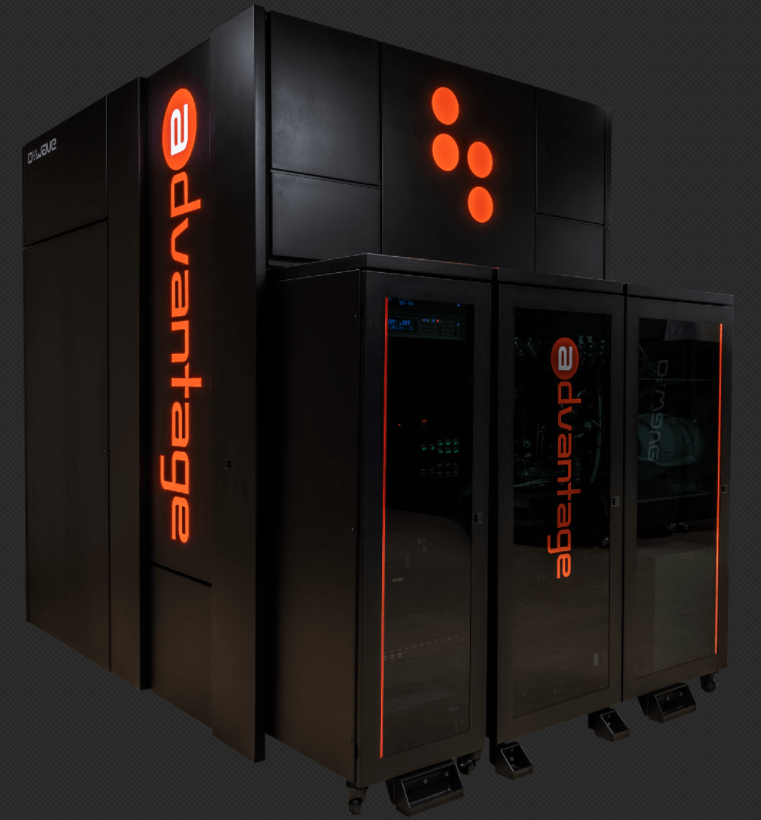
2. IBM Quantum Systems (Cloud-Based Commercial Access)
Model: IBM Quantum System One
Type: Superconducting quantum computer
Use Case: Available via IBM Quantum Cloud for enterprise and research use
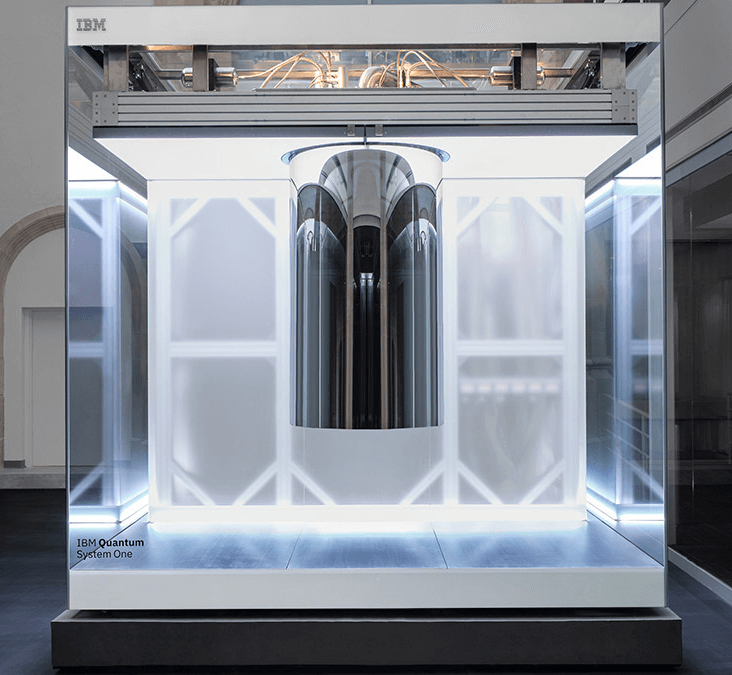
3. IonQ Quantum Computers (Cloud-Based and Enterprise Use)
Model: IonQ Forte, IonQ Harmony
Type: Trapped-ion quantum computers
Use Case: Accessible via AWS Braket, Google Cloud, and Microsoft Azure
4. Quantinuum's H-Series (Enterprise and Cloud)
Model: H1 & H2 Quantum Computers
Type: Trapped-ion quantum computers
Use Case: Research and enterprise applications in finance and pharmaceuticals
5. SpinQ's Superconducting Quantum Computers (Commercially Available & Research)
Model: SpinQ Superconducting Quantum Computer
Type: Superconducting quantum computer
Use Case: Research and enterprise applications in finance, biomedicine and artificial intelligence
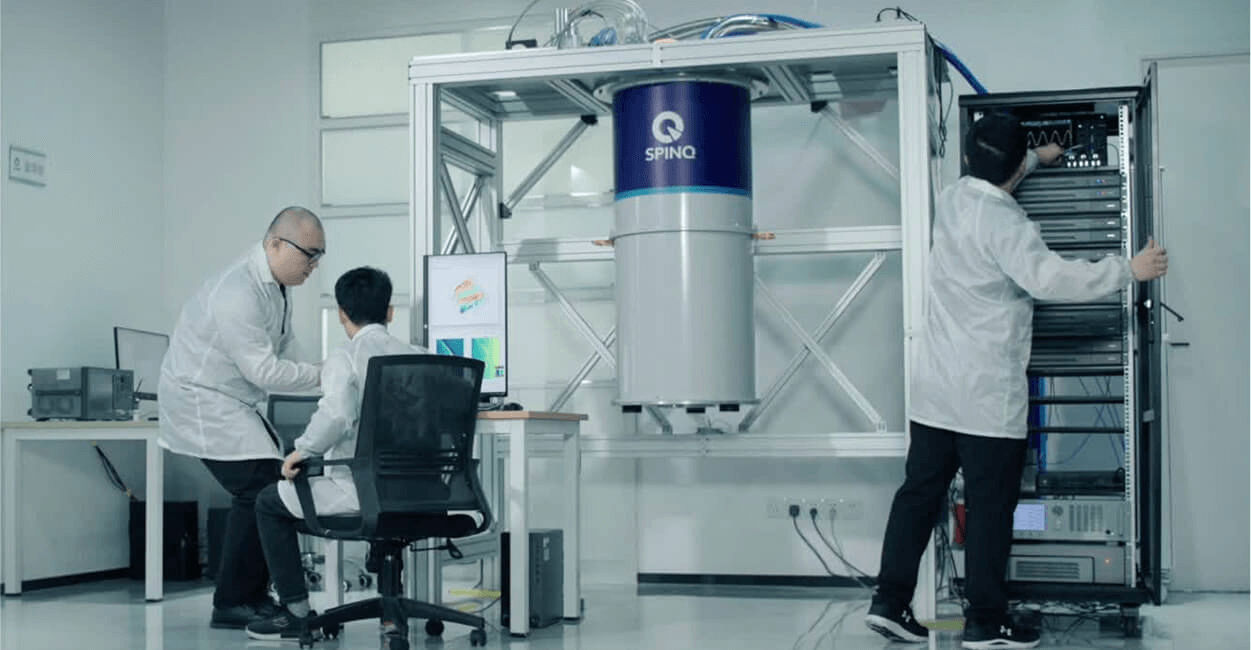
#3 Educational Quantum Computers
These small-scale, education-focused quantum computers are primarily designed for scientific experimentation and testing and are typically used by universities and private institutions.
They generally feature fewer qubits (the fundamental unit of quantum information) and are not yet suited for large-scale commercial use. As a result, they are more compact and affordable, enabling universities and high schools to offer hands-on quantum computing experiences.
SpinQ has advanced this field with its Gemini and Triangulum series, which are tailored to help students and educators master quantum principles and more quantum knowledge.
Many universities have partnered with SpinQ, acquiring these systems to enhance quantum learning and teaching.
Case studies:
SpinQ Powers OsloMet University's Development in Quantum Education, Research, and Science Outreach
Example of Educational Quantum Computers
SpinQ's Portable Quantum Computers (Education & Research)
Model:
SpinQ Gemini Mini/Mini Pro : 2-qubit (Portable)
SpinQ Triangulum Mini : 3-qubit (Portable)
SpinQ Gemini : 2-qubit (Desktop)
SpinQ Triangulum : 3-qubit (Desktop)
Type: Nuclear Magnetic Resonance (NMR) quantum computers
Use Case: Quantum education, research, and basic quantum experiments
Customers: Universities, K12, quantum education programs
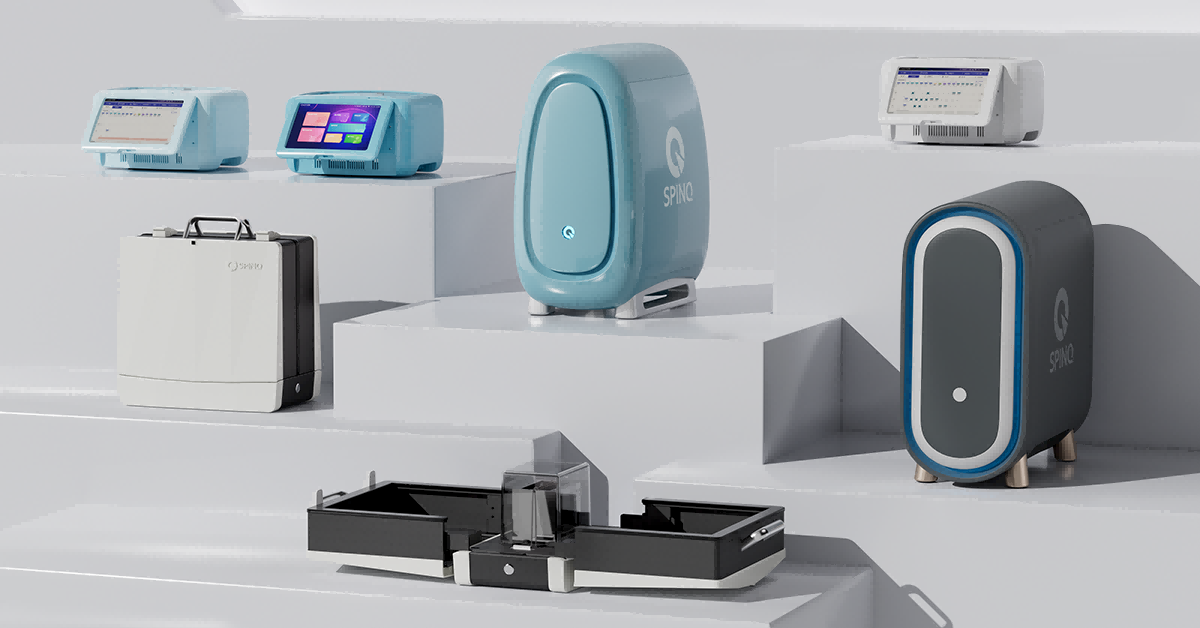
#4 Cloud-Based Quantum Computing Services
One of the key trends in quantum computing is the shift to cloud-based platforms, where users can access quantum processors remotely without needing to own the hardware. This has opened up quantum computing to a much larger audience, from researchers to businesses and even hobbyists. Some notable cloud-based quantum platforms include:
1. Amazon Braket
2. IBM Q Experience
3. Microsoft Azure Quantum
4. Google Quantum AI
These platforms host several quantum systems, allowing users to perform quantum experiments and simulations remotely.
Key Players in Quantum Computers
Several leading tech companies driving innovation in quantum computers include:
IBM
IBM has long been a leader in the quantum computing race. It has developed advanced quantum systems such as IBM Quantum System Two and processors like the 1,121-qubit Condor. Additionally, its IBM Quantum program provides cloud-based access to a range of quantum processors, enabling researchers and businesses to explore quantum computing applications.
Google Quantum AI
Google gained global attention in 2019 when its Sycamore quantum processor achieved quantum supremacy in a specific computational task. More recently, Google introduced Willow, a 105-qubit quantum chip that has demonstrated below-threshold quantum error correction, marking significant progress toward fault-tolerant quantum computing.
SpinQ
As a comprehensive quantum computing solutions provider, SpinQ has successfully developed both superconducting quantum computers and NMR-based education-grade quantum computers. The company also specializes in superconducting quantum chips and is dedicated to advancing real-world quantum computing applications across various industries.
Microsoft
Through its Azure Quantum platform, Microsoft is developing quantum computers based on topological qubits.
In February 2024, the company introduced the Majorana 1 chip, the world's first quantum processor powered by topological qubits. This breakthrough represents a major step toward fault-tolerant quantum computing.
D-Wave
D-Wave specializes in quantum annealing, a technique optimized for solving complex optimization problems. Its quantum systems are already being used by enterprises to tackle real-world challenges in logistics, machine learning, and materials science.
Honeywell
Honeywell utilizes trapped-ion technology for its quantum systems. It has made substantial progress with its H1 quantum computer, which provides highly accurate quantum computations with a large number of qubits.
Beyond these companies, leading academic institutions such as MIT, Harvard, and Oxford are also actively contributing to the advancement of quantum computers.
Want to explore more quantum computer manufacturers? Check out our Ultimate 2025 Guide: 18 Quantum Computer Manufacturers You Should Know—read now!
What's Next for Quantum Computers?
The number of quantum computers is expected to grow exponentially in the coming years. As quantum technologies continue to mature and companies increase their investment in quantum research and development, we could see quantum systems with thousands or even millions of qubits.
McKinsey estimates that by 2030, there will be 5,000 operational quantum computers, but the hardware and software required to tackle the most complex problems are not expected to be available until 2035 or later.
However, significant challenges remain, including improving error correction and achieving quantum coherence over longer periods.
FAQs
1. Do quantum computers exist?
Yes, quantum computers exist. Companies like IBM, Google, Microsoft, and SpinQ have developed operational quantum computers, though they are still in the early stages of practical use.
Curious to know more? Read our full article, "Do Quantum Computers Exist in 2025? The Answer is Yes," to dive deeper into the exciting world of quantum computing!
2. Which country has the most quantum computers so far?
The United States leads in quantum computing, with major tech companies and research institutions developing quantum systems. China, Canada, and European countries also have significant quantum computing initiatives.
Conclusion
While the number of quantum computers today is still relatively small, the growth of this field is impressive. As of 2025, there are around 100 to 200 quantum computers in use globally, with many more on the horizon.
Quantum computing is set to revolutionize industries, from cryptography to artificial intelligence, and the number of quantum systems will continue to rise as technology improves. With continued investment and research, we are likely to see a quantum future much sooner than expected.
Featured Content





.png)
